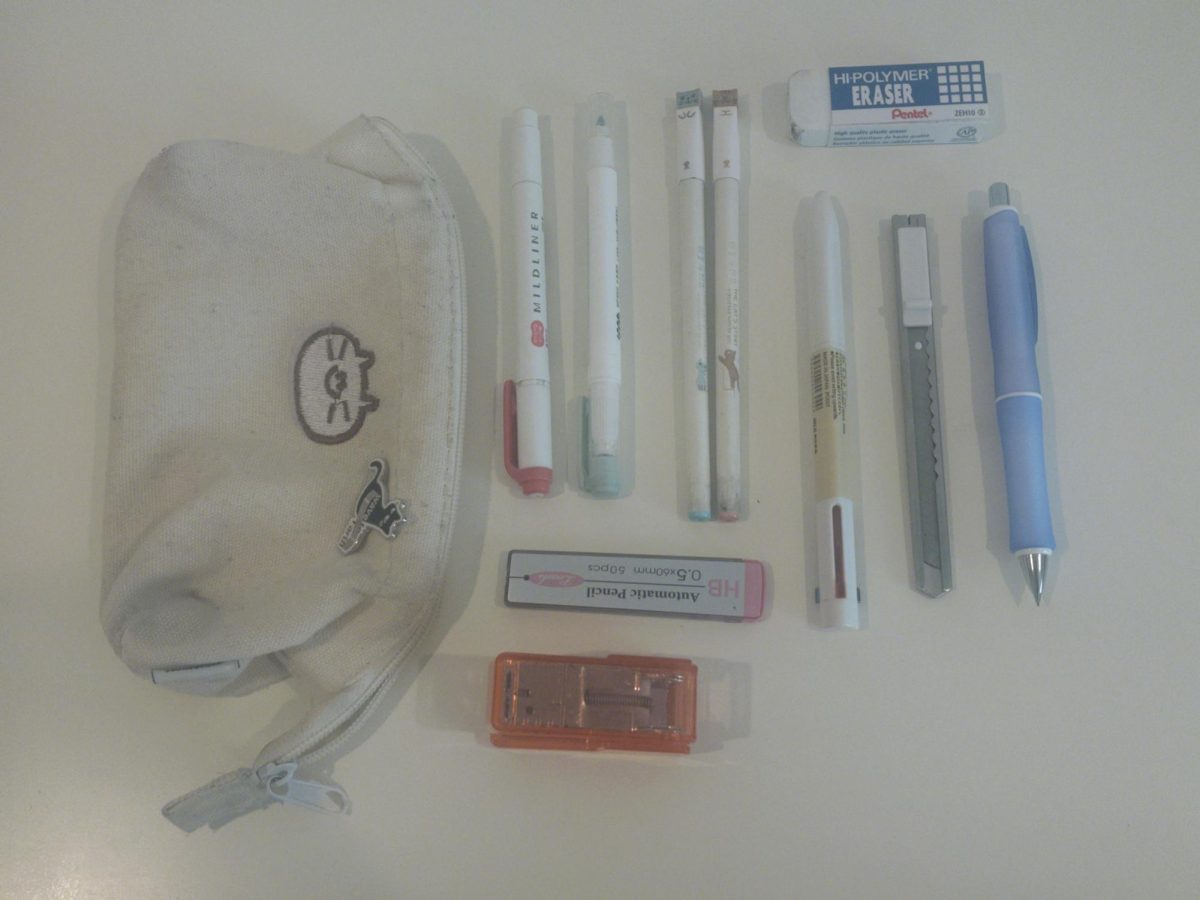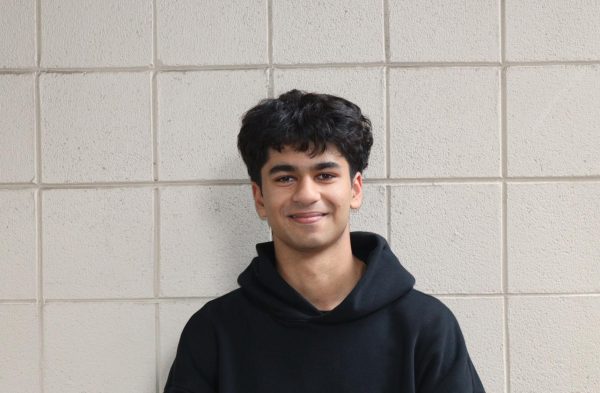As part of a major policy change announced by the district last year, all freshman student athletes are required to take the Beginner Physical Education (P.E.) class, without the option to opt out for the duration of their sports seasons. This rule has already been a longtime policy at Los Gatos High.
The only exceptions for this rule are freshman athletes who participate in year-round sports such as dance and cheer; marching band students fall into another unique case: They are placed into a separate P.E. class solely reserved for freshman marching band students during the fall semester, where they focus on marching technique and exercises under the direction of percussion director Sean Clark.
Despite some teams such as football and girls’ water polo not having JV squads this fall, the rule change to freshman PE doesn’t seem to have significantly impacted sports participation so far from the Class of 2028.
According to athletic director Rick Ellis, freshmen still comprise the greatest percentage of fall sports program signups. For example, seven of the 13 girls cross country athletes are freshmen and that pattern has continued in other sports, with 12 of 42 runners in boys’ cross country being freshmen, one third of the field hockey team being freshmen and six of 17 tennis players.
The trend highlights the continued interest and enthusiasm among incoming freshmen for participating in school sports, despite concerns that recent changes to P.E. requirement might lessen involvement. On the other hand, some fall sports lack JV teams this season, including football, field hockey and girls’ water polo, signaling problems with maintaining participation in certain sports overall.
The implementation of this rule around P.E. will stay in place indefinitely, as the district found that select student athletes were originally failing to meet state standards expressed by the California Education Code (CEC), principal Greg Louie said.
“Even though [our sports programs] would satisfy some of the P.E. requirements, they won’t necessarily meet the requirements authentically, which obviously puts us in a situation where we’re not doing the right thing,” Louie said.
He added, “The California Ed Code has indicated particular criteria about what it should qualify for earning credit. Doing sports in the freshman year doesn’t count. If you review the Ed code, there’s some real clear language about what is expected to happen in four years of P.E., let alone one year of PE.”
In the past, freshmen had the option to participate in school sports and not have to attend P.E., allowing them to take a full 7-period academic class schedule for parts of the school year.
The new policy isn’t popular with all freshman athletes. Some are questioning the need to spend time in a P.E. class when they already receive rigorous physical exercise through their after-school sport. Freshman cross country runner Rohan Jandhyala believes that his participation in P.E. is largely unnecessary and offers little benefit, as the 85-minute period doesn’t contribute to his athletic development.
“I know that I have to have my sport after school, and most of the things we do in P.E., I do five times as rigorously in sports,” he said.
Freshman football player Gavin Moore said, “We should not have to do P.E. [during our school sport’s season], because it takes away a free period that could provide valuable time for homework or other activities.”.
Even though the requirement to attend P.E. and play a school sport simultaneously creates a greater workload for freshmen, the administration hopes that the rule will condition students to be more fit for their sports, while also meeting state requirements. Still, some athletes with the new rule didn’t apply to them.
“With my first period being a free period, I would definitely be able to sleep more as well as do more homework. I sometimes struggle with doing homework after school because my sport takes up that time,” Jandhyala said.






























